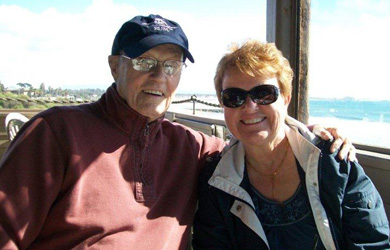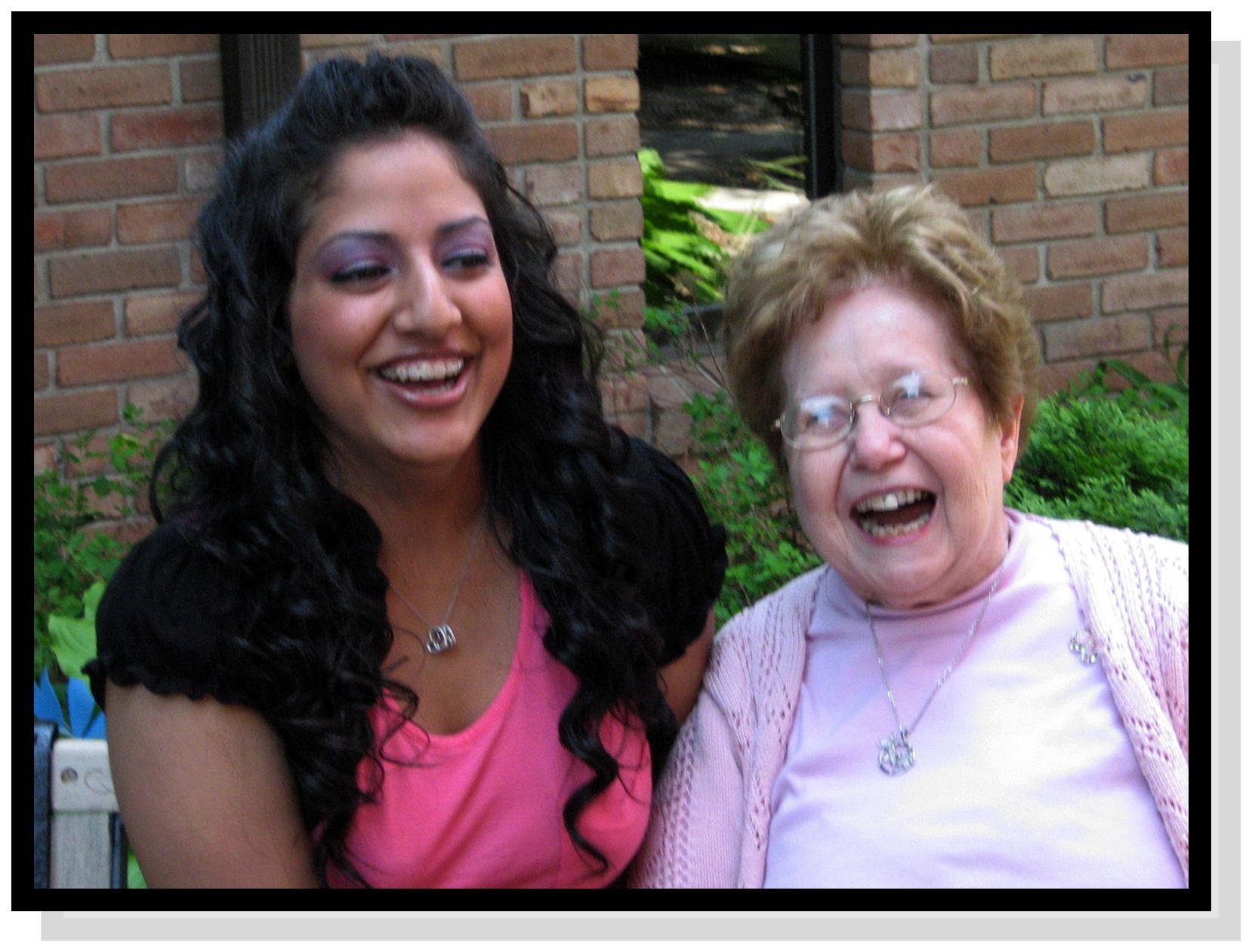Driving and Dementia: 12 warning signs for knowing when to hang up the keys
May 14 – 20 is National Road Safety Week, and now that we are finally seeing a glimpse of spring, it’s a good time to reflect on our own driving habits so that we can be sure that we are all safe on the road.
For people living with dementia, knowing when it’s time to stop driving is difficult. Driving represents freedom and independence and it is not something that anyone wants to give up. Many people in the early stages of dementia can continue to drive safely and competently; however, because dementia is a progressive condition, it can be a challenge to know when to hang up the keys. Here are a few of the warning signs to look for.









